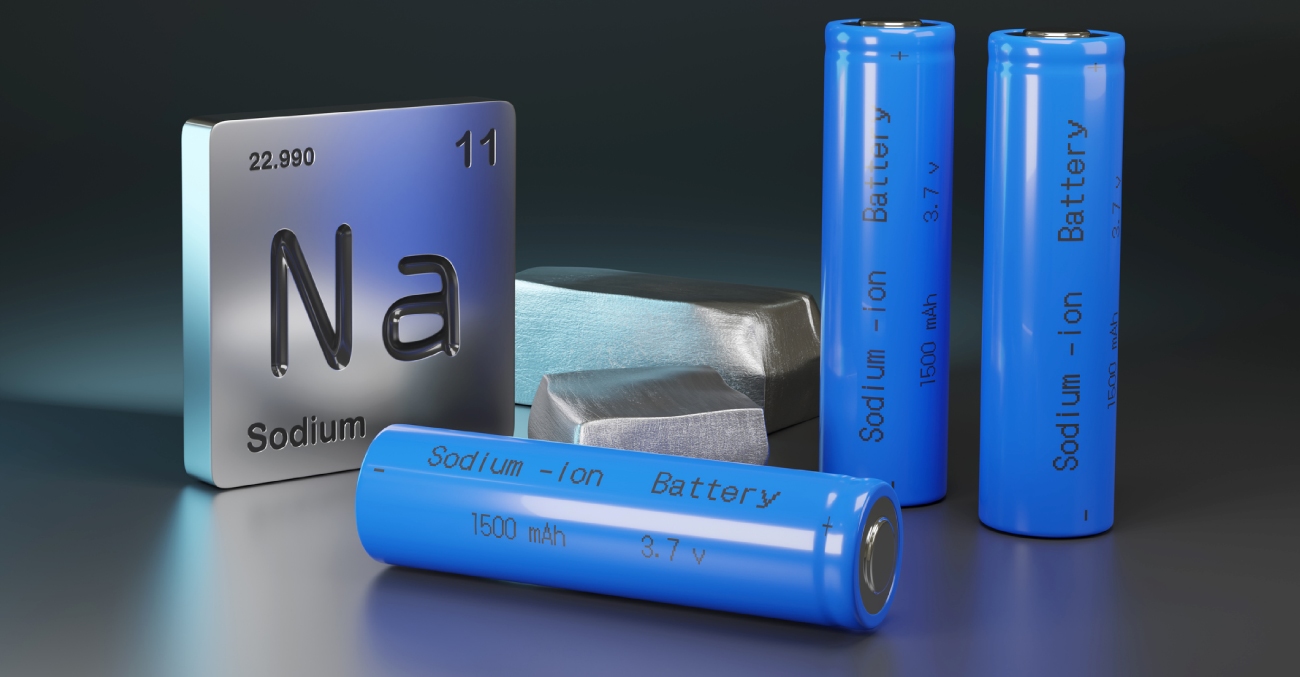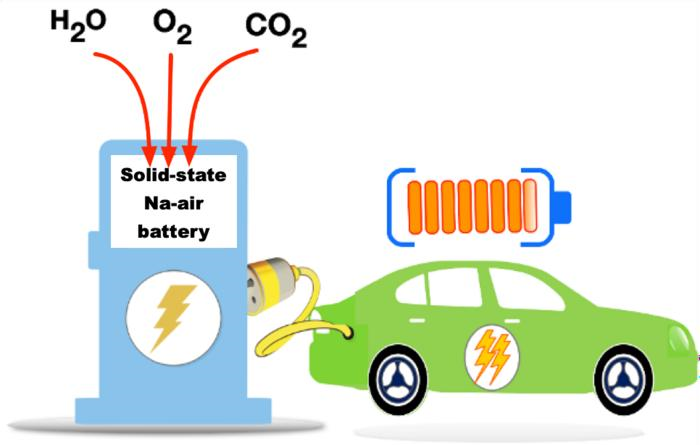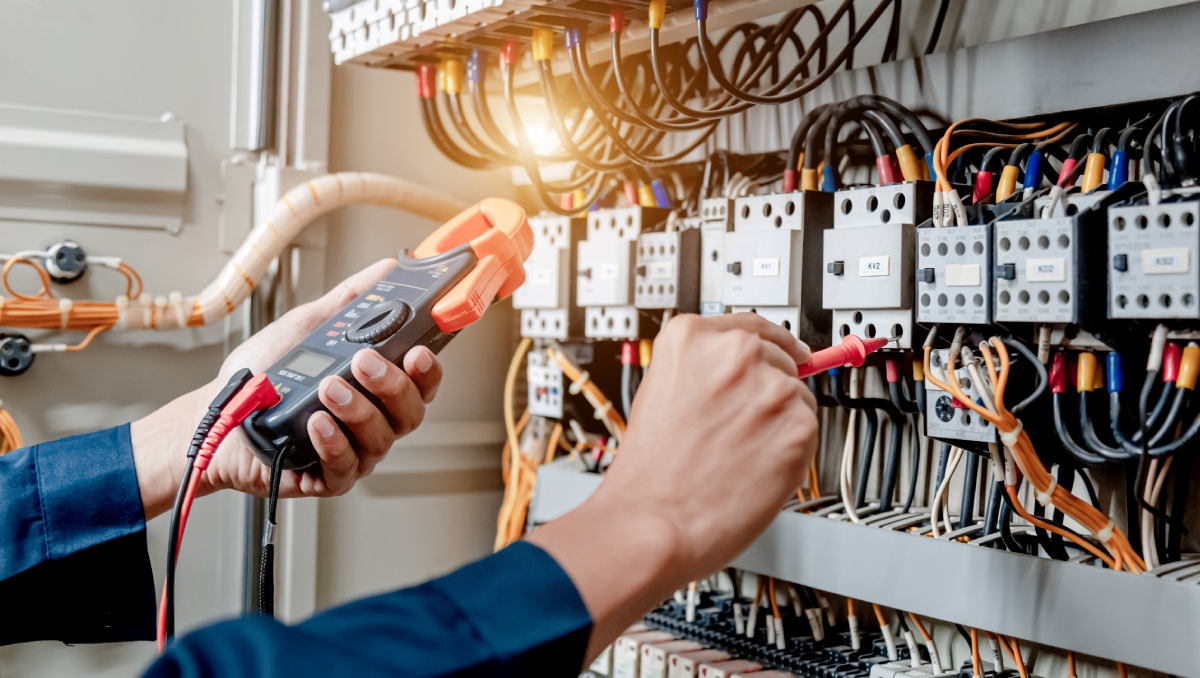Advancing The State Of All-Solid-State Batteries

Date

Illustration depicting an electric vehicle charging station powered by high energy, high-efficiency all-solid-state sodium-air cells.
POHANG University of Science and TechnologySource: www.postech.ac.kr
A Possible Alternative To Lithium Batteries
The development of high-efficiency rechargeable batteries has become vitally important around the world. While lithium-ion batteries currently dominate the market, the potential of all-solid-state sodium-air batteries is gaining traction. This shift is driven by the abundance and lower cost of sodium compared to lithium, making sodium batteries a more sustainable and economical option. Recent advancements by researchers at Osaka Metropolitan University have brought this vision closer to reality by developing a mass synthesis process for sodium-containing sulfides, which could significantly impact the demand for lithium.
Breakthrough In Sodium Sulfide Synthesis
Associate Professor Atsushi Sakuda and Professor Akitoshi Hayashi, along with their research team at the Graduate School of Engineering of Osaka Metropolitan University, have devised a process that enables the mass synthesis of sodium-containing sulfides. These sulfides are essential for the development of solid electrolytes and electrode active materials in all-solid-state sodium batteries.
The team utilized sodium polysulfides (sulfides with two or more sulfur atoms) as both the material and the flux, which promotes fusion during the synthesis process. This innovative approach resulted in a solid sulfide electrolyte boasting the highest reported sodium ion conductivity in the world—approximately ten times higher than what is required for practical applications. Additionally, they created a glass electrolyte with high reduction resistance and excellent formability.
Implications for All-Solid-State Sodium-Air Batteries
The successful mass synthesis of these high-conductivity electrolytes is a significant step toward the practical use of all-solid-state sodium batteries. These batteries promise several advantages over their lithium-ion counterparts:
- Cost-Effectiveness: Sodium is more abundant and less expensive than lithium, which could lead to lower production costs and more affordable batteries.
- Enhanced Safety: Solid-state batteries eliminate the flammable liquid electrolytes used in lithium-ion batteries, reducing the risk of fires and enhancing overall safety.
- Environmental Sustainability: The extraction and processing of sodium are less environmentally damaging compared to lithium, aligning with global efforts to minimize ecological footprints.
Decreasing The Demand for Lithium
The development of efficient and cost-effective sodium batteries could significantly reduce the global demand for lithium. As industries transition to more sustainable energy storage solutions, the reliance on lithium, which is limited in supply and often extracted through environmentally harmful processes, may decrease. This shift not only supports environmental sustainability but also promotes economic stability by reducing dependence on a single critical resource.
Future Prospects
Professor Sakuda highlighted the broad applicability of the newly developed synthesis process, stating, “This newly developed process is useful for the production of almost all sodium-containing sulfide materials, including solid electrolytes and electrode active materials. Compared to conventional methods, this process makes it easier to obtain materials that display higher performance, so we believe it will become a mainstream process for the future development of materials for all-solid-state sodium batteries.”
The ability to mass-produce high-performance sodium sulfide materials opens the door to widespread adoption of all-solid-state sodium-air batteries. These advancements could lead to significant improvements in the energy storage capabilities of renewable energy systems, electric vehicles, and portable electronic devices.
Only time will tell but as researchers continue to refine and scale this technology, the transition from lithium-ion to sodium-based batteries could redefine the market. The progress made at the Pohang University of Science & Technology not only enhances the viability of sodium batteries but also paves the way for a greener and more resilient energy landscape.
Click here to learn more about POSTECH’s research on All-Solid-State Na-air batteries.



